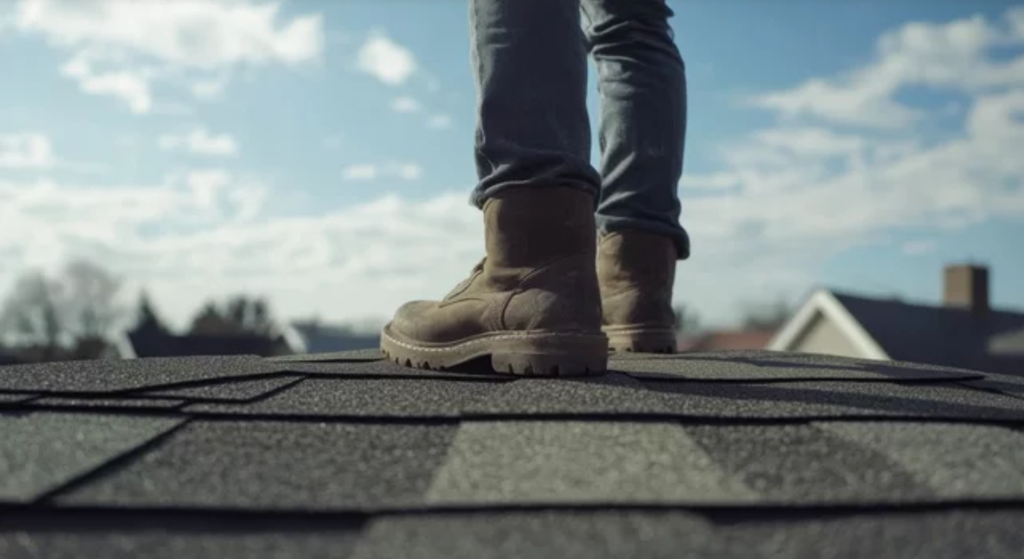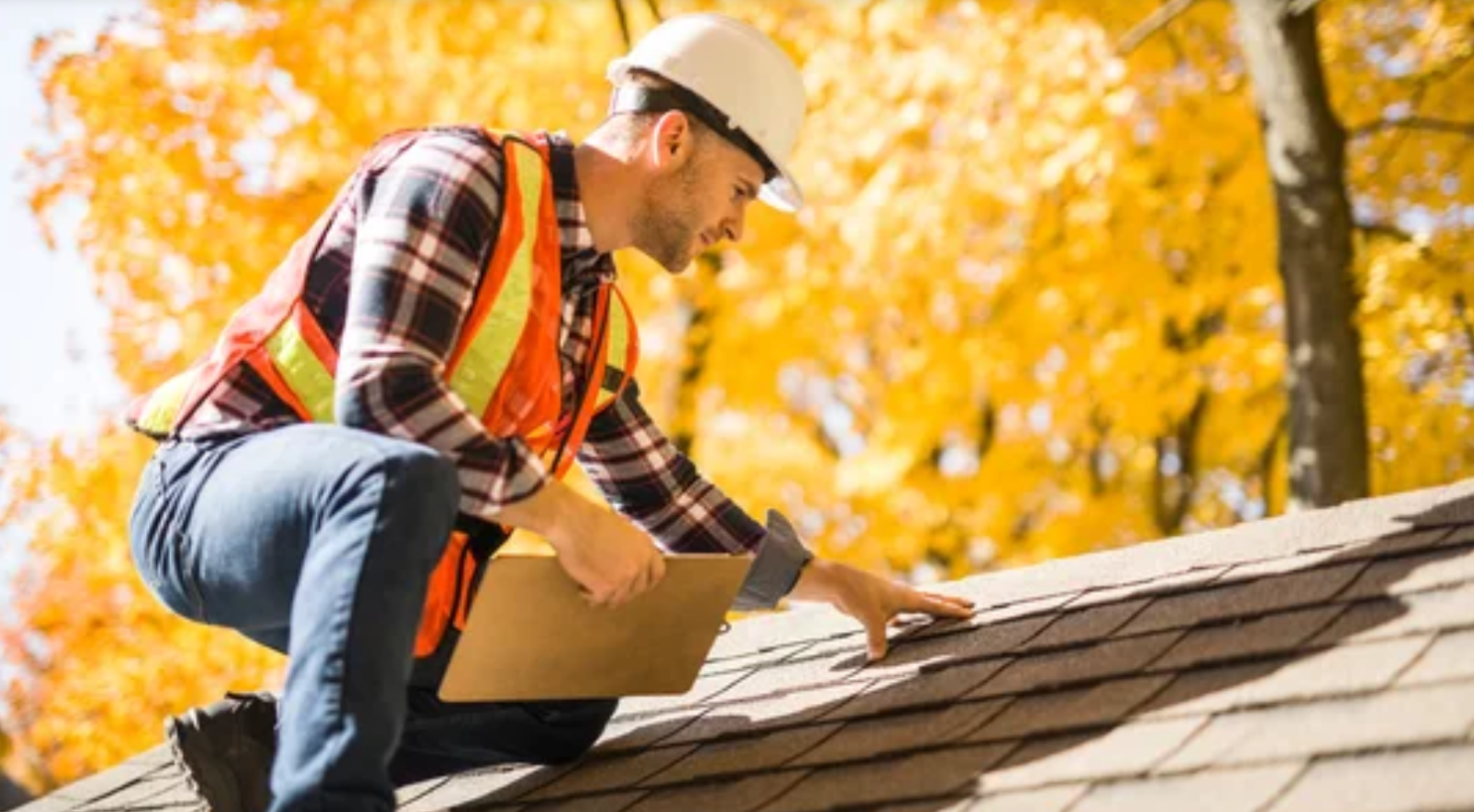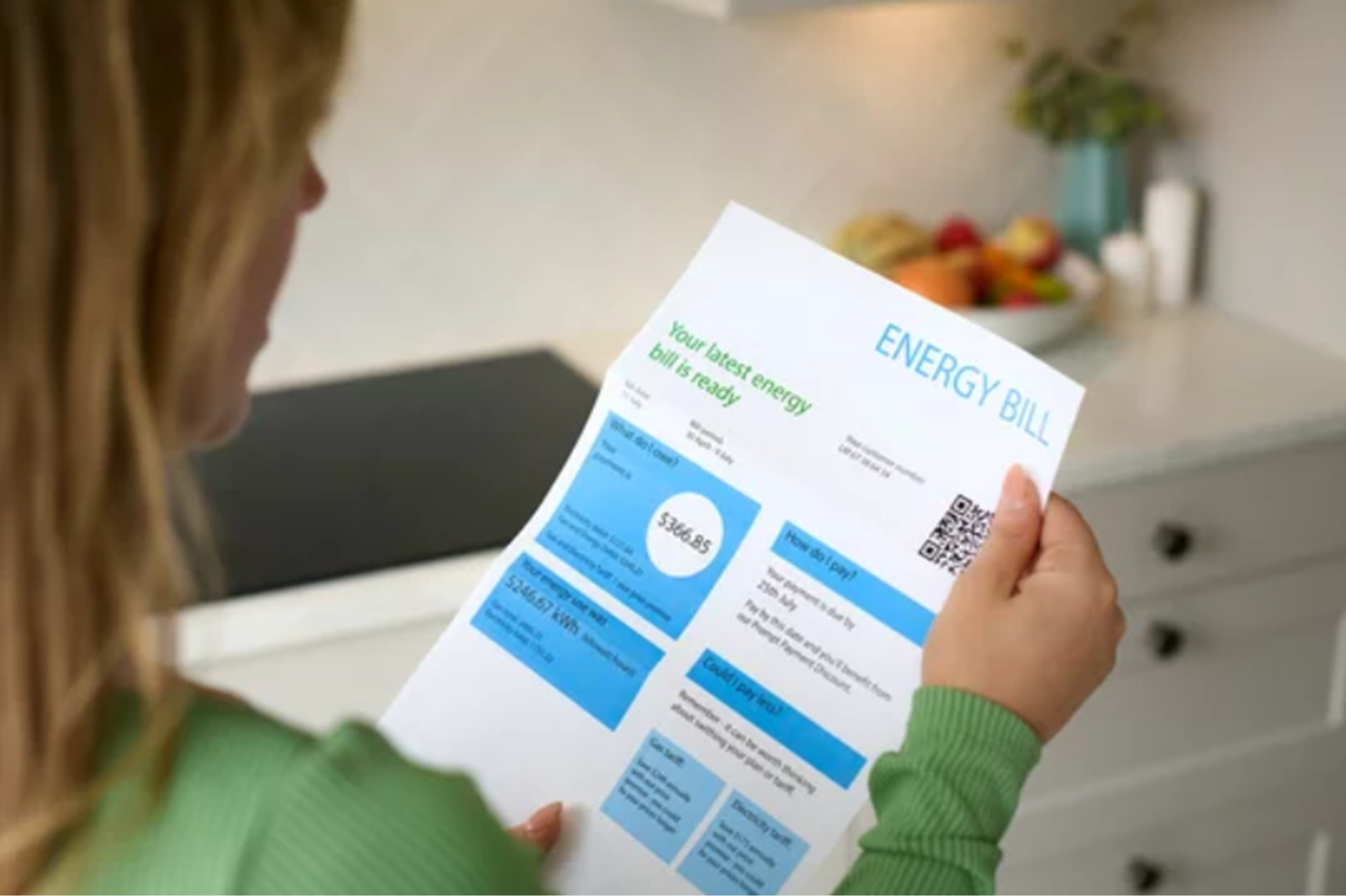Knowing what to expect helps you secure the best deal for you.
Time for a roof checkup? Learn exactly what happens during a professional roof inspection in Colorado — and why it’s crucial for home efficiency.
If your roof hasn’t been checked in the last 12 months, you might be overdue for an inspection. Colorado’s weather can take a toll, and minor issues today can become costly tomorrow. In this guide, we’ll walk you through what a proper roof inspection covers — from structural integrity to moisture detection — so you can stay ahead of any surprises.
Your roof is your home’s first line of defense.
But unless there’s a leak or visible damage, most homeowners don’t think about it – until it’s too late. That’s why scheduling a roof inspection in Colorado before the winter season is important because it helps homeowners avoid costly repairs caused by snow buildup, ice dams, and gutter blockages.
Colorado roof inspections are especially important during the winter months. Common issues like snow buildup, ice dams, and frozen gutters can lead to long-term damage. Additional problems such as condensation, roof material wear, and mold growth are harder to detect without a proper roof inspection in Colorado. Addressing these early through seasonal checkups can prevent costly structural damage and improve the lifespan of your home.
💡 Thinking about your roof?
“Fantastic savings are just a click away”

When Should You Schedule an Inspection?
There are three crucial times when scheduling a professional roof inspection makes the most sense. After a major storm – especially one with hail, strong winds, or heavy snow – your roof could have sustained hidden damage that only an expert can identify. Routine annual maintenance is also essential, ideally once a year, to catch early signs of wear and prolong the life of your roof. Lastly, before buying or selling a home, a roof inspection provides peace of mind and may even influence property value or negotiation terms. A timely roof inspection in Colorado ensures your home is ready to handle harsh seasonal elements.
The 6 most common roofing problems during winter are as follows:
Snow accumulation and weight, ice dams, freezing and thawing cycles, condensation and moisture, clogged or frozen gutters and downspouts, and roof material vulnerability. These issues can lead to structural stress, leaks, mold growth, and overall roof deterioration if not addressed promptly. (reference soup.io)
What Happens During a Roof Inspection?
During a roof inspection in Colorado, professionals carefully check for local climate-related issues like hail damage and snow-related stress.
A licensed roofer in Colorado will typically start with a visual inspection from the ground, looking for sagging, uneven lines, or noticeable damage. Next, they’ll move to the roof surface to check for loose, missing, or curling shingles, as well as any granule loss that might indicate wear. If your roof has flashing around chimneys or skylights, they’ll ensure the seals are intact to prevent leaks.
A good inspection also includes checking gutters and downspouts, which play a key role in directing water away from your home. If water isn’t flowing properly, it can lead to pooled water and long-term roof damage.
Some inspectors may even look inside your attic space for signs of moisture, mold, or insulation problems. These hidden clues can indicate roof issues before they become visible on the exterior.
Questions to Ask Your Roof Inspector:

To get the most from your roof inspection in Colorado, ask questions like:
- Can you show me photos of any problem areas?
- How long will my current roof last?
- Would repairs be sufficient, or should I consider replacement?
These questions help you understand the urgency and scale of any issues, giving you confidence before moving forward with a repair or replacement. You want to secure the best option your money can buy so do not hesitate to ask slightly awkard questions. See our Blog post about choosing the right contractor.
What Roof Inspectors Look For:
- Shingle Condition – Cracks, curling, or missing shingles
- Leaks & Water Damage – Especially around chimneys, vents, and skylights
- Flashing Integrity – The sealants that keep moisture out
- Structural Issues – Sagging, ponding water, or weakened support
- Ventilation & Insulation – Preventing mold and improving efficiency
Why It Matters:
A solid inspection catches issues early – before they become major, expensive repairs. Plus, for insurance or resale purposes, a written report from a licensed roofer can add value.
Conclusion:
Even a new roof needs checkups. A 30-minute roof inspection in Colorado can save you thousands and provide peace of mind all year round.
”The benefits and savings will make it worth your while”
Trusted by Colorado homeowners for quality solar, roofing, and HVAC solutions



